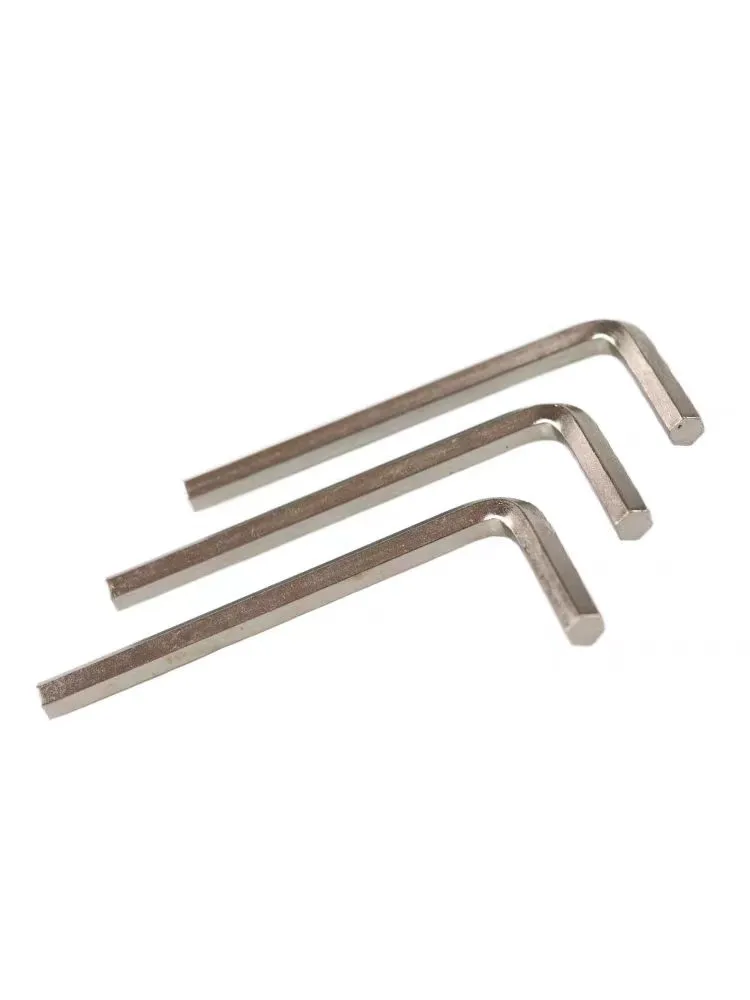

hex head self tappers
Oct . 11, 2024 21:44 Back to list
hex head self tappers
Hex Head Self-Tappers A Comprehensive Guide
In the world of fasteners, hex head self-tappers stand out for their versatility and ease of use. Often used in various industries, including construction, automotive, and electronics, these fasteners offer a unique blend of functionality and practicality. This article explores the characteristics, applications, and benefits of hex head self-tapping screws.
What are Hex Head Self-Tappers?
Hex head self-tapping screws are a type of fastener that features a hexagonal-shaped head, allowing them to be driven using a wrench or socket. Unlike traditional screws, self-tapper screws have a sharp point that enables them to create their own threading as they penetrate materials, eliminating the need for pre-drilling. This feature makes them particularly useful in applications where speed and efficiency are crucial.
Design and Features
The design of hex head self-tappers includes several key features that enhance their performance. The hexagonal head provides a larger surface area for turning, which allows for more torque to be applied compared to other head types, such as slotted or Phillips heads. This is particularly beneficial when working with hard materials or in situations where a strong connection is required.
Additionally, hex head self-tappers are typically made from high-strength materials, such as stainless steel or carbon steel, which contributes to their durability. They may also be coated with corrosion-resistant finishes to ensure longevity, especially in outdoor or industrial applications.
Applications
hex head self tappers

Hex head self-tappers are used across a wide range of industries due to their adaptability. In construction, they are often employed for fastening metal components and securing wood to metal surfaces. In the automotive industry, these screws may be used for assembling parts such as dashboards, frames, and body components. In electronics, they provide secure connections for enclosures and circuit boards.
Additionally, hex head self-tappers are ideal for applications involving thin materials, such as sheet metal, where traditional screws might struggle to create a secure fit. Their ability to create threads in a material means they can be used efficiently in various settings, from DIY projects to professional manufacturing.
Advantages
One of the primary advantages of hex head self-tappers is their time-saving capability. The ability to drive screws without the need for pre-drilling significantly speeds up assembly processes. This is particularly important in industries where labor costs and time efficiency are critical factors.
Moreover, the strong, reliable connections provided by these fasteners reduce the likelihood of loosening and failure over time. This reliability is essential for maintaining the structural integrity of assembled components, especially in demanding environments.
Conclusion
Hex head self-tappers are an invaluable tool in the fastener market, combining efficiency, strength, and versatility. Their unique design and capabilities make them suitable for a variety of applications across different industries. Whether you are a professional contractor, an automaker, or a DIY enthusiast, understanding the benefits and uses of hex head self-tapping screws can enhance the quality and durability of your projects. As industries continue to evolve, these fasteners will undoubtedly remain a steadfast choice for secure and effective assembly solutions.
Latest news
-
High-Strength Hot Dip Galvanized Bolts - Hebei Longze | Corrosion Resistance, Customization
NewsJul.30,2025
-
Hot Dip Galvanized Bolts-Hebei Longze|Corrosion Resistance&High Strength
NewsJul.30,2025
-
High-Strength Hot-Dip Galvanized Bolts-Hebei Longze|Corrosion Resistance&High Strength
NewsJul.30,2025
-
Hot Dip Galvanized Bolts-Hebei Longze|Corrosion Resistance&High Strength
NewsJul.30,2025
-
Hot Dip Galvanized Bolts - Hebei Longze | Corrosion Resistance, High Strength
NewsJul.30,2025
-
High-Strength Hot Dip Galvanized Bolts-Hebei Longze|Corrosion Resistance, Grade 8.8
NewsJul.30,2025

